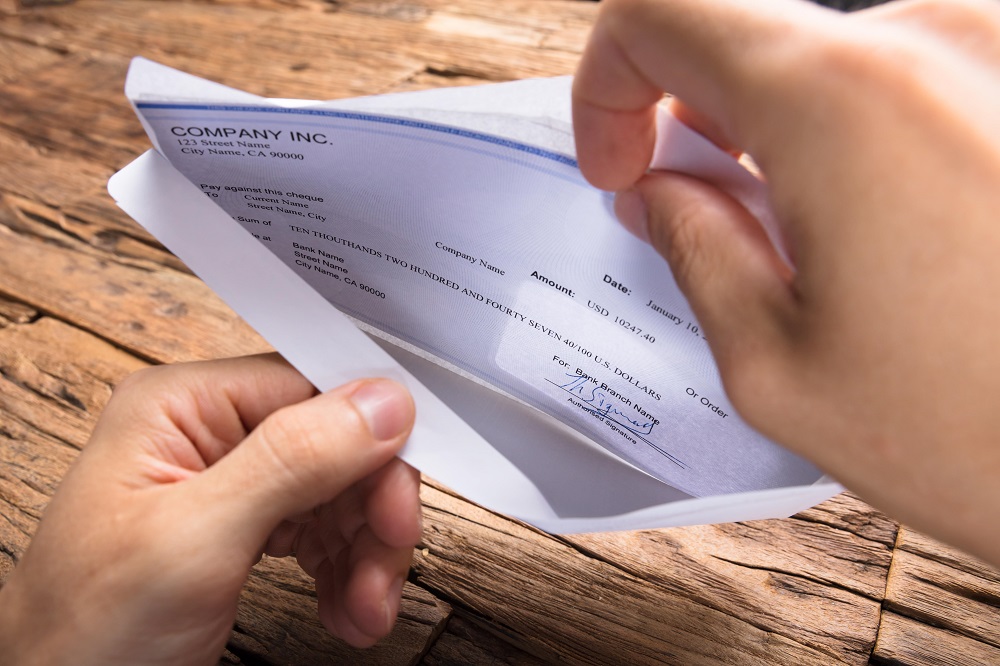nderstanding Wage Garnishment: What You Need to Know
Facing wage garnishment can be a daunting experience. If you owe money to the IRS, it’s crucial to understand how and when the IRS can garnish your wages, and what steps you can take to prevent it.
When Can the IRS Garnish Your Paycheck?
The IRS can garnish your paycheck if you have an overdue tax payment. However, they are required to follow specific procedures and send you several notifications before initiating any garnishment. You won’t suddenly find your wages garnished without prior warning. Here’s the notification process:
- Notices and Demands for Payment: The IRS will send you an initial notice, followed by two more if you do not respond.
- Notice of Intent to Levy: This notice informs you of their intention to garnish your wages.
- Notice of Right to a Collection Due Process (CDP) Hearing: This must be sent by certified mail and gives you the opportunity to request a hearing to either negotiate a payment agreement or dispute the amount owed.
It’s essential to act within 30 days of receiving the CDP notice. If you miss this window, the IRS can start garnishing your wages 15 days after the deadline. In certain cases, the IRS might skip the CDP hearing and proceed directly to the levy, but you can still request a hearing afterward.
How Long Does It Take for the IRS to Garnish Your Wages?
The timeline for garnishment can vary. After you receive your first notice, it may take the IRS anywhere from 11 to 25 weeks to issue a wage levy, though this can happen more quickly, particularly if you have an assigned IRS revenue officer.
How Much of Your Paycheck Can the IRS Take?
While the IRS can garnish your wages, they cannot take your entire paycheck. The amount they can withhold depends on various factors, including your filing status and the number of dependents you have. To understand the exemptions applicable to your situation, refer to IRS Publication 1484.
In addition to wages, the IRS can also take money from your bank account, Social Security income, and accounts receivable.
How Long Does a Wage Garnishment Last?
Wage garnishments are not permanent. They will cease once you have repaid your tax obligations or have come into compliance with IRS regulations. This could involve paying off your tax debt, establishing a payment agreement, or proving that the garnishment causes undue hardship.
Once the garnishment ends, the IRS will notify your employer to stop withholding your wages. You can request that the IRS fax the release notice to your employer, or you may need to wait for the notice to arrive by mail.
How Can I Stop a Wage Garnishment?
To stop a wage garnishment, your first step should be to try and pay your tax debt. If a lump-sum payment isn’t feasible, you can set up an installment agreement with the IRS. The CDP hearing is your last opportunity to negotiate before the levy takes effect.
If you need assistance navigating this process, our tax relief specialists at LA-Twins are here to help you explore your options and find the best resolution.
Don’t wait until it’s too late! Visit our website or contact us directly for professional support in dealing with wage garnishment.
Call us today or fill out our contact form for personalized assistance.








